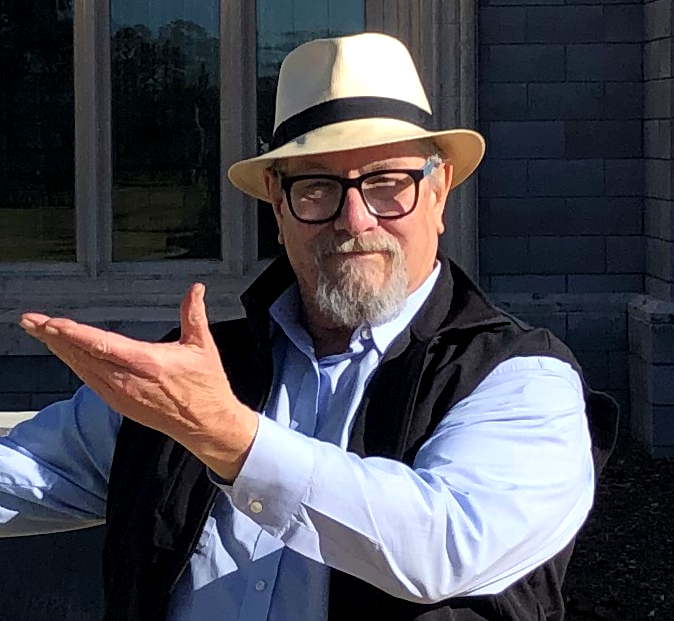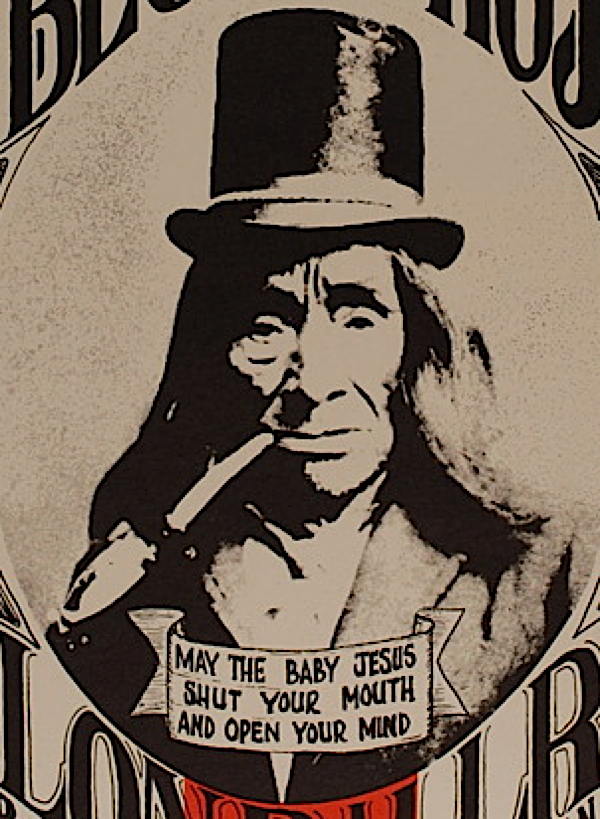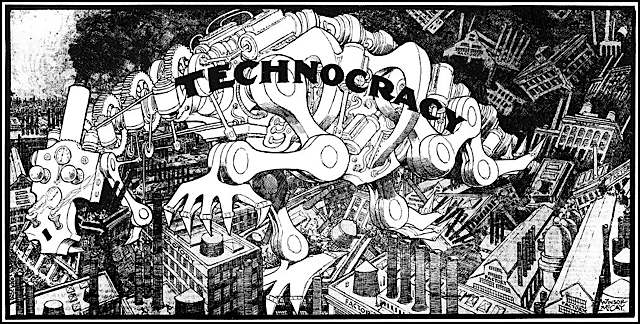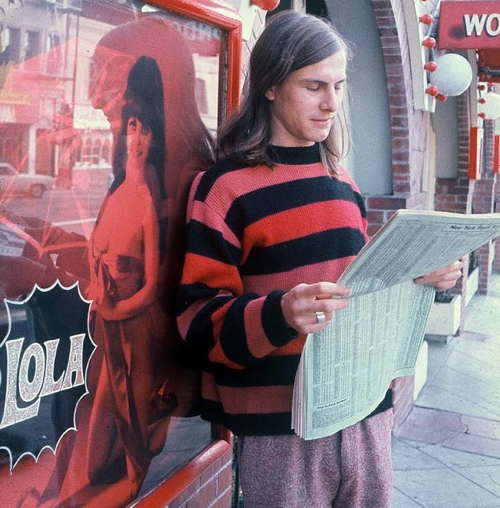 I am not resigned to the shutting away of loving hearts in the hard ground.
I am not resigned to the shutting away of loving hearts in the hard ground.
So it is, and so it will be, for so it has been, time out of mind:
Into the darkness they go, the wise and the lovely. Crowned
With lilies and with laurel they go; but I am not resigned.
Lovers and thinkers, into the earth with you.
Be one with the dull, the indiscriminate dust.
A fragment of what you felt, of what you knew,
A formula, a phrase remains,—but the best is lost.
The answers quick and keen, the honest look, the laughter, the love,—
They are gone. They are gone to feed the roses. Elegant and curled
Is the blossom. Fragrant is the blossom. I know. But I do not approve.
More precious was the light in your eyes than all the roses in the world.
Down, down, down into the darkness of the grave
Gently they go, the beautiful, the tender, the kind;
Quietly they go, the intelligent, the witty, the brave.
I know. But I do not approve. And I am not resigned.


![Allen Ginsberg: The Interview, <strong> ➡ 1972 ⬅ </strong> [Republished by unpopular demand] ginsbergnirvana](https://americandigest.org/wp/wp-content/uploads/2022/05/ginsbergnirvana-150x150.jpg)





 Gerard Van der Leun
Gerard Van der Leun
























Comments on this entry are closed.
Melancholy reflections. I take comfort, when I remember, in knowing that nothing that God loves is ever truly lost.
Still beautiful. Thanks for bringing this around again.
In a world with no possibility of Eternity, who would not feel as Millay feels? Every moment on earth, every word and deed, every thought and dream, would be cursed with the knowledge that all of them—the highs and the lows, the marvelous victories and the marvelous defeats, the evil that men do and the Saints that men strive to emulate—would one day return to the dust from whence they had come. It matters not at all what role a man plays in this life.
“After the game, the king and the pawn go into the same box.”
Millay informs the world that she does not approve, that she is not resigned. Does the world listen? Does the world care? I have found the world to be remarkably indifferent toward the affairs of men. A man can sculpt a David, a man can create a Holodomor: The world is silent, unnoticing, unfeeling. Millay shakes her fist at—nothing. In that she is not alone:
“Do not go gentle into that good night.
Rage, rage against the dying of the light.”
But why rage? Why greet the Reaper with such anger? What does it serve? Or better: At whom are you raging?
If death allows me a moment of reflection before pushing me across the Styx, I would like to remember the last words of Augustus:
“Have I played the part well? Then applaud as I exit.”
Our life on earth is not to be spent in melancholy. It serves no purpose but its own. Such an emotion is, except for short periods of time, useless. All it does is spoil whatever time you have in this life. In this it resembles its miserable sister emotion, regret. Regret and melancholy are always looking backwards. They ruin the past, they ruin the present, they ruin the future.
Millay laments that all that was bright and beautiful on earth travels “Down, down, down into the darkness of the grave.” But the grave is not an ending. It is a beginning.
I hope Millay is not upset that I will not greet my end as she has greeted hers.
Mike, yours is a great rebuttal to a terribly depressing point of view and I agree. Sweet Edna should not be surprised that other people don’t embrace with the ugly picture she paints and as I was reading that verse I thought….’man, I bet she’s the life of any party’.
“Edner”, as my late father would have likely called her was, among other things, a bi-sexual, feminist bohemian and political activist, all in the early part of the 20th century. Good for her, eh?
Any man can, to a certain extent, make himself into the sort of person he desires to be. It will take effort to be sure, but if it were easy then it would be worth little. Millay was not born “a bi-sexual, feminist bohemian and political activist”, she made herself into these things, none of which could possibly point toward happiness and joy.
Millay’s remarkable talent, well-recognized even in her own day, could not save her from herself.
The life of the party, perhaps. Melancholy once expunged, often becomes the opposite.
Mike, your take on Millay’s poem is rather different than mine. I was totally unfamiliar with this poem until I read it this morning, and I must confess that I found it rather inspiring, rather than despairing. Like Millay, I also lament that death must come to our current physical bodies, and I also am not resigned to it. This may be because I am a follower of the teachings of Jesus Christ and have faith in the promise of a new life. Also, I think that the physical death all are susceptible to results from the Devil’s influence on this earthly world. I am unafraid of death, and resigned to reality that it must take me, because of my faith. I think the poem is beautifully crafted, and strikes a chord within most readers.
For reasons I do not understand, I fear death not at all. Billions have died before me. Some met their end heroically, some stoically, some fearfully, but all had to surrender to the inevitable.
In no part of Scripture does Christ command that His followers fear death—on the contrary. His words to you and to me: “Be not afraid!” How can a Christian possibly fear death when a moment after he sees the face of Christ?
I do not want to conquer serenity, like a Stoic, but to welcome serenity in, like a Christian. –Dávila
Let’s see, as I’m 83 a lot of (Shucky darn, most of) the friends I had over the years are dead. Did I lose them? No, not really, and I’m glad they were. even if they’re not around now. I’ve said before, that at every Irish Wake you hear someone, often many someones, note; He had a good run. I can’t think of any better epitaph one could strive for.
So no, Vincent’s (As she was known to her family and friends, though to me, excepting for that one familiarity I just wrote, she’s always Edna St. Vincent Millay.) Dirge Without Music doesn’t sadden me, I’m glad she was and it is.
Yep she fell down the steps, but -She had a good run-.
Millay did indeed “have a good run”—at least as far as the world is concerned. If the world and all its “baubles, bangles and beads” were all that is, then she did well. But what if there is more to existence than just the world? What if the world is a mere preparation for Eternity? A “good run” implies finality, an ending, a finish line. And what if the finish line is not on this earth, but only arrives after leaving it?
My race will not be called until after I die. I hope to win—or at least place. What the world thought of me while I was in it will be completely irrelevant.
Not faulting your position Mike, not by a long shot. However our opinions of folks have to be based on while their here, where they/we end up afterwards, t’ain’t for us to know or decide or judge. So yep, in my opinion Edna St. Vincent Millay had a good run. Make a lot of folks feel, think, contemplate.
Not necessarily my belief but I find the Jews early day position on righteousness and the afterlife quite attractive, satisfying (Not the right words to describe what I mean, but as close as I can come to them right now.) perhaps more so than our Christian concept. Jews believed that all the dead go to Sheol (Num. 16:33; Ps. 6:6; Isa. 38:18), gooduns and baduns, no special reward for righteousness. I read that as saying we should just be good, honorable, righteous not for any reward for such actions, but simply because He expects such of us.
Or, in the spirit of the Season,
He knows when you are sleeping.
He knows when you’re awake.
He knows if you’ve been bad or good,
So be good for goodness’ sake.
[And yes I snuck in the possessive.]
Why did I choose to publish this particular poem here at this particular time? Because I had the thought that it might bring some comfort to my brother’s widow (a very decent and loving and Christian wife) after a year of mourning. I thought to send it but I wasn’t sure if it offered more pain than comfort since I too am not resigned and the poem brings a shadow to my heart; a shadow I can bear but not one I would casually send to another who was mourning.
And so I thought I would just put it here and see how the reaction to it would fructify. As it has.
But at the same time, it has given me no resolution about this and I think that not knowing if the effect of this would be solace or deeper pain, I shall — for now — refrain.
Gerard:
I have no words because there are no words. This very evening I raise a toast to you here on earth and to the soul of your brother in Heaven.
Amen.
Preached the funeral of a good friend a few weeks ago. Ended with the words of this song by Geoff Moore.
When the music fades into the past,
When the days of life are through,
What will be remembered of where I’ve come,
When all is said and done?
Will they say I loved my family,
That I was a faithful friend,
That I lived to tell of God’s own Son,
When all is said and done?
Oh, how I’ve longed to see the hour
When I would hear that trumpet sound
So I could rise and see my Savior’s face
See him smile, and say, “Well done!”
You can forget my name and the songs I’ve song
Every rhyme and every tune,
But remember the truth of Jesus’ love
When all is said and done.
When all is said and done.
I am still not resigned to his death, even though I am confident in his new position. I am quite happy for him. I am sad for myself and others who loved him more than I. While our grief is a temporary thing, I am not resigned to it and long for its defeat.
Millay’s Dirge is not so much about death as it is about life, to which she is resigned for as long as it lasts.
On all of this, my niece had a strange experience only a couple of weeks ago. She lives up north; a nutritionist who owns and runs a pilates studio. She was recently conducting a class and a woman that she was not familiar with showed up at her studio. I don’t know if she dropped by due to an interest in any of the goings-on but, in any event, she approached my niece after the class and asked if she might speak to her. Niece said certainly and this woman proceeded to tell my niece that she (the woman) was a medium and that while my niece was conducting her class the woman could see three souls standing near her. Two of the things she saw were male and the other a young female.
And then she described them. The first male she described fit the description of my niece’s grandfather who died around 4-5 years ago and the woman told my niece that he was a big fan of golf. That was true, this grandfather was involved in the game for years and served as one of the guys who rates courses and who oversaw popular celeb tournaments.
My niece did not recognize the description of the second male the woman described but after speaking with her mother about it, they believe the woman was describing another male in the family that had died decades ago.
Finally….the woman. My niece’s sister was sexually abused by a neighbor in her young years and that abuse apparently went on for quite a long time. Eventually this sister took her own life, in her early 20’s I believe, and the trauma that followed her death still lingers in my wife’s family, so much so that this girl’s mother has not been able to get far beyond it. The woman explained to my niece that girl she could see had taken her own life and that the girl wanted her family to know that she could not help herself but that she was much better now in her (post life) recovery. All of the spirits or souls that the medium spoke of told the medium that they were very proud of my niece and that they were with her all of the time because of their love for her.
My niece was rattled and she shared all of this information privately with her mother and my wife so I only the heard part of the story that I’m relating here.
Many people have similar experiences and I have had a couple of my own which, without any doubt, have led me to firmly believe that whatever we are here does, in some form or manner, continue after we leave this dimension.
I do not care what the Hindu, the Muslim, the Jew, the atheist or any other sources suggest to us because none of them offer suitable answers and none of them offer redemption or the promise of the development of our higher yet undisclosed purpose for living. I choose to believe the Christian doctrine and I know that Jesus did not just make stuff up as He went along. He knew exactly what He was talking about, He spoke with authority and purpose and He never lied.
The Bible absolutely refuses the Christian any contact whatsoever with mediums.
““Do not turn to mediums or necromancers; do not seek them out, and so make yourselves unclean by them: I am the Lord your God.”—Leviticus 19:31
There are many more.
I had contact with mediums before becoming a Christian, mainly with Palm Readers. I was always amazed at how much they knew of my past, but never gave much thought to how they could know. Now I understand: We are never alone in life—not once, not ever. Always at our side are Angels and demons. They have perfect memories. That Palm Reader knew things about my life because a demon had told her. Same with what that medium told your niece.
It is the same way with Temptation. A man laments that he is always tempted to the same sin in the same way. And he mourns that he always falls. The demons know that man quite well indeed. They know how to get to him; they know what works. The only way out of this monstrous calculus is through Christ.
Hinduism, Islam, Judaism and atheism are false religions. Certainly each can offer part of the truth, but never the whole thing. And it is as C. S. Lewis wrote, that “horrible religions make horrible nations”. Only Christianity offers the whole Truth—and nothing but the Truth, from Alpha to Omega, however uncomfortable that might make a man.
Sexual trauma is an almost incalculable Evil, and difficult to rid yourself—or your family—from. It is popular in this day and age, but prefers the name “entertainment” to “trauma”.
Very, very true. Fortunately, my niece is well grounded and did not go out looking for this woman or her message.